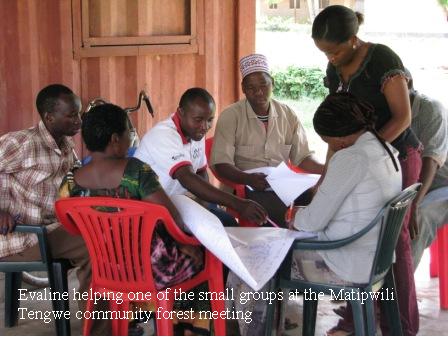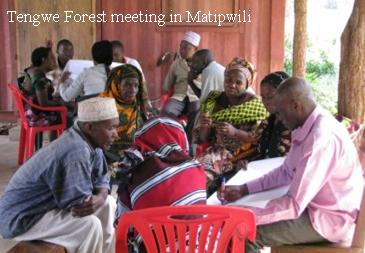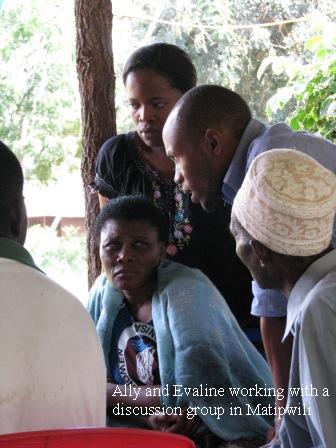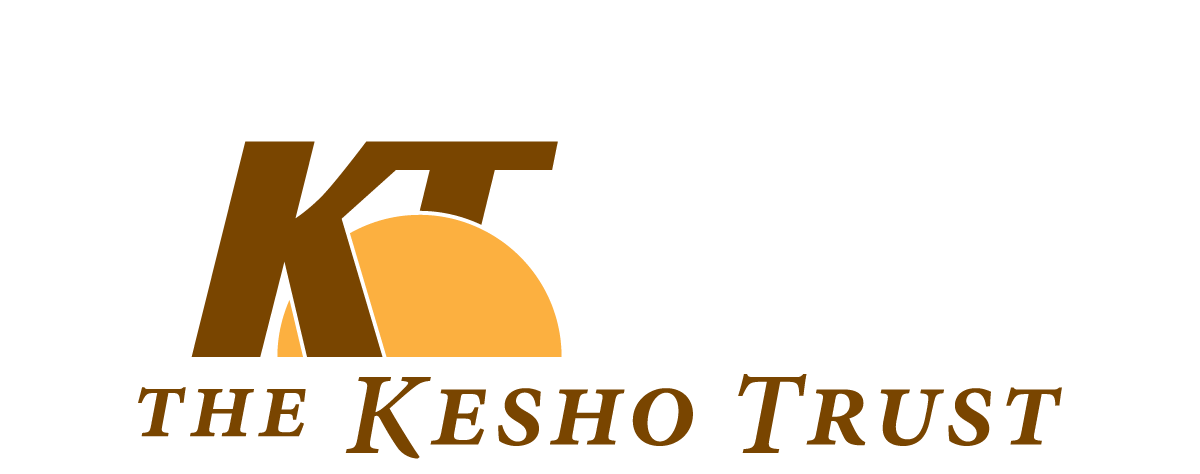Working in local Tanzanian communities is challenging for a research focused initiative such as the PAPR. Rural communities in our Saadani study area struggle with the conservation agenda of the adjacent national park which impacts their livelihoods as well as with the management approaches being implemented by TANAPA which tend to ignore their interests and needs. Projects such as the PAPR which claim to be addressing these concerns are looked to for their concrete solutions to outstanding issues. Because of our focus on research, concrete solutions to local problems and the alleviation of poverty have not been hallmarks of the PAPR. On top of that, the local attitudes to researchers might be labelled ‘typical’. “People come to our communities, do their research, ask all their questions, take all our information and ideas and then we never see them or what they produce with that knowledge again.”

The PAPR, as part of an ICURA program, was established with very specific objectives to address exactly these concerns. ICURA means International Community – University Research Alliance. The purpose of the program, as IDRC [the co-funder of the program] describes it, was to develop new approaches whereby “academics and community leaders work together to improve the quality of life in communities in Canada and around the world.”
In the Saadani study area of Tanzania our approach to building such alliances between communities and our project was to develop research committees in each community and to help them identify for themselves issues of concern in their communities. Then we could support them in working out how to research and document those issues and subsequently how to go about using that research to undertake change, either by themselves or through advocating with other organizations or levels of government. Such an approach meant consistently reinforcing the position that we are not there to give out quick solutions or resources but to enable them to work on solutions for themselves.

So are we making progress? I attended a recent meeting in Matipwili – an exploratory meeting about the Tengwe community forest. The Tengwe community forest initiative has a two decade history in the community involving international NGO’s, TANAPA and local government. It has largely been a forgotten opportunity. The community research committee raised the issue that the community was not benefitting from the forest which had obviously been the original intent and wanted to know how to develop community benefits. With the guidance and support of SANA (our community liaison partner) and the Kesho Trust, the committee went to the Village Council to arrange a meeting of a broader cross section of the community who had background and an interest in the community forest. A meeting was arranged, facilitated by the PAPR, where the community people described and discussed the background of the initiative since the early 1990’s, the resources of the forest, the opportunities for potential benefits, the potential partners in possible future development and the next steps for the community to undertake. It was an interesting and productive meeting.
Evaline Jackson has been working with the community research committees as a volunteer with the Kesho Trust during the past 6 months. She helped facilitate the meeting along with Ally Abdallah, our Community Coordinator in SANA. At the end of the meeting Evaline commented: “they are really getting it – that we are here to help them do what is important to them and not just here with resources or for our own benefit.”
Small but important steps in achieving the objectives of the PAPR!

